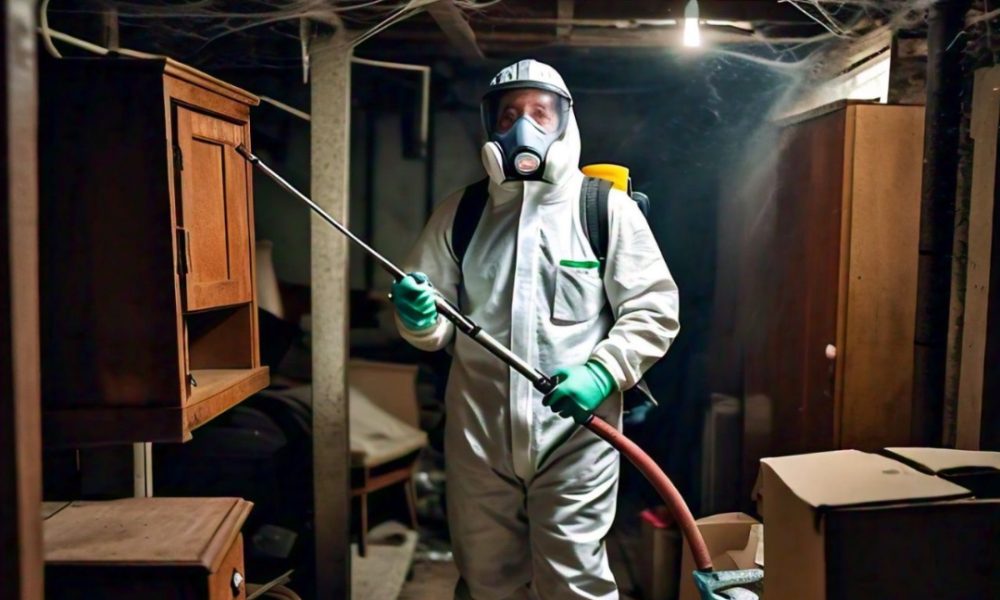Pests like rodents, insects, and termites can spread diseases, damage property, and compromise the quality of life. Effective pest control measures are crucial to prevent infestations and ensure a safe and healthy environment.
Common Household Pests:
- Cockroaches
- Rodents (mice, rats)
- Termites
- Bed bugs
- Ants
- Mosquitoes
- Flies
Risks Associated with Pests:
- Disease transmission (e.g., salmonella, Lyme disease).
- Property damage (e.g., termite infestations).
- Allergies and asthma.
- Food contamination.
- Stress and anxiety.
Types of Pest Control Methods:
- Chemical pest control (insecticides, rodenticide).
- Natural pest control (essential oils, diatomaceous earth).
- Integrated Pest Management (IPM).
- Biological pest control (predatory insects).
- Physical pest control (traps, barriers).
Prevention Tips:
- Seal entry points.
- Keep surroundings clean.
- Store food properly.
- Remove standing water.
- Regularly inspect for signs of pests.
DIY Pest Control Methods:
- Vinegar and water traps.
- Baking soda and sugar bait.
- Citronella oil repellent.
- Sticky traps.
- Homemade insecticidal soap.
Professional Pest Control:
- Benefits of hiring professionals.
- Choosing the right pest control service.
- Signs of effective pest control.
Natural Pest Repellents:
- Essential oils (peppermint, lemongrass).
- Herbs (basil, mint).
- Spices (cinnamon, cloves).
- Citrus fruits.
Pest control is a vital aspect of maintaining a healthy and safe living environment. By understanding the risks associated with pests and implementing effective prevention and control methods, individuals can protect their homes, health, and well-being.

